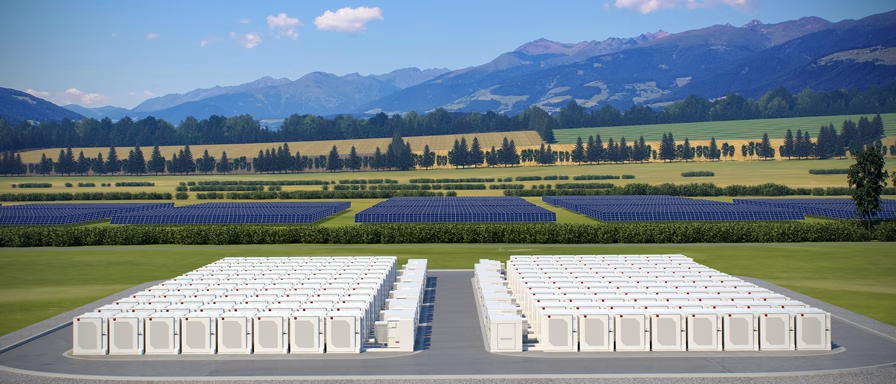Hybrid battery energy storage Philippines seen as key to cleaner, more reliable energy future
The Philippines is moving closer to a cleaner and more stable energy future with hybrid battery energy storage systems (BESS). Combining renewable sources like solar or wind with battery technology, these systems are now seen as vital to reducing energy losses and cutting dependence on imported fossil fuels.
Dennis Lee, Business Development Manager at Fluence Philippines, said hybrid BESS can solve one of the energy sector’s biggest challenges: curtailment of renewable energy. As more solar and wind power are added to the grid, excess energy often goes unused due to congestion and pricing issues.
Hybrid BESS stores that excess energy for later use. For businesses, this means reduced losses, higher revenue certainty, and more reliable operations. For consumers, it translates to lower electricity costs and fewer power interruptions. It also supports the transition to cleaner energy by cutting carbon emissions.
Lee noted that the Green Energy Auction Program (GEA) by the Department of Energy (DOE) is driving new hybrid BESS projects nationwide, with the first wave expected by 2026. These projects aim to link renewable generation directly with storage to ensure a steady power supply across the country.
However, challenges remain. Grid connection delays, limited transmission infrastructure, and lengthy permitting slow down progress. Lee urged government agencies to prioritize renewable projects and simplify interconnection processes.
Fluence is already supporting hybrid systems through its Power Plant Controller, which integrates PV, wind, and storage under one control system. This technology optimizes energy dispatch and ensures compliance with local grid codes.
Lee believes hybrid BESS will soon be mainstream in the Philippines’ renewable energy mix, delivering stable, affordable, and clean power to households and businesses alike.

